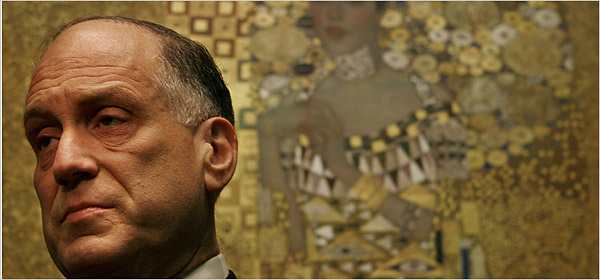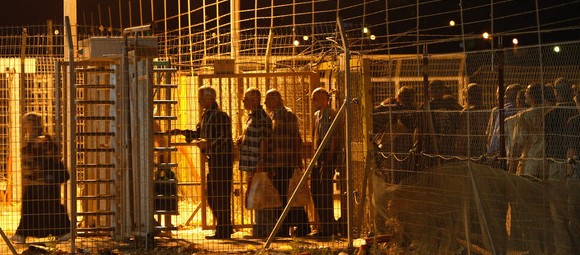At Commentary (this may be the one and only time I link there), Jonathan Tubin writes:
In the immediate aftermath of the news about the appalling statements of Howard Gutman, the U.S. ambassador to Belgium, about Israel being to blame for anti-Semitism, there were those who assumed the envoy would soon be packing his bags for home. But a statement issued today by the State Department indicates that Gutman, who purchased his post by bundling more than half a million dollars in campaign contributions for President Obama, has nothing to worry about. State Department spokesman Mark Toner said Monday Gutman would remain in his post and asserted that although Gutman’s appearance was in his official capacity, the views he expressed were his own. He also declined to say if the administration disagreed with those views.
To grip the meaning of many a commonplace word, it’s often useful to look at its etymology.
The political arena is filled with people who say they are appalled about this and that and nothing generates appall more swiftly than a hint of antisemitism.
But did anyone faint yet? Because that’s what it means — to be appalled is to grow pale as one is about to faint.
Maybe at the next GOP presidential debate the moderator should be ready to pass around the sniffing salts just in case the name Gutman comes up and several of the candidates start to keel over.
The immediate audience that heard Gutman’s remarks in Belgium was apparently made of sterner stuff. None of them fainted but Ynet reports they were stunned.
The conference was attended by Jewish lawyers from across Europe. The legal experts at the event were visibly stunned by Gutman’s words, and the next speaker offered a scathing rebuttal to the envoy’s remarks.
“The modern Anti-Semite formally condemns Anti-Semitism and the Holocaust and expresses upmost sympathy with the Jewish people. He simply has created a new species, the “Anti-Zionist” or – even more sophisticated – the so-called ‘Israel critic,’” Germany attorney Nathan Gelbart said.
“The ‘Israel critic’ will never state ‘Jews go home’ but is questioning the legality of the incorporation of the State of Israel and therefore the right for the Jewish people to settle in their homeland. He will not say the Jews are the evil of the world but claim that the State of Israel is a major cause for instability and war in the region,” he said. “There is no other country, no other people on this planet the ‘Israel critic’ would dedicate so much time and devotion as to the case of Israel.”
“For no other country he would criticize or ask to boycott its goods or academics. And this for one simple reason: Because Israel is the state of the Jewish people, not more and not less,” Gelbart said.
I imagine a lot of people coming to this site would perceive me as an “Israel critic”, but apparently no such thing really exists. Israel critics, Gelbart and others insist, are really secret Jew haters.
If Gelbart is right and Israel provides the last remaining pretext for the perpetuation of antisemitism, then rational antisemites should really be defending Israel because if the hatred that dare not speak its name could not channel itself through animosity towards Israel, where would it be able to turn? I guess hatred by its nature is always irrational.
Of course there are quite a few thoroughly rational antisemites who say Israel is the only place on the planet in which Jews should live. What’s confusing to the rest of us is that this group of antisemites rarely get tarred with that name. Instead, they’re usually referred to as Zionists.
But returning to the ‘Israel critic’ for whom this identity is nothing more than a convenient disguise, are we to infer that Israel cannot in fact have any genuine critics and thus infer from that that any criticism of Israel is baseless?
Oh no! Israel’s defenders loudly protest. It’s OK to criticize Israel, but…
Really? Tell me the ways, because from those who claim it’s OK to criticize Israel I don’t actually hear any criticism of Israel. I hear the defense of a victimized little nation that has no other interest than to mind its own business; a victimized people who desire nothing more than to live at peace with their neighbors. I hear the tireless promotion of a model democracy with the most moral army in the world.
The nakba? How dare you use that word! Gaza under siege — no such thing. A whole population living under military rule — we just want peace.
Forever the return to the perfectly armored defense: they do not criticize us because of what we do; they attack us because of who we are.
And anyone convinced of that will forever remain deaf to their critics.


